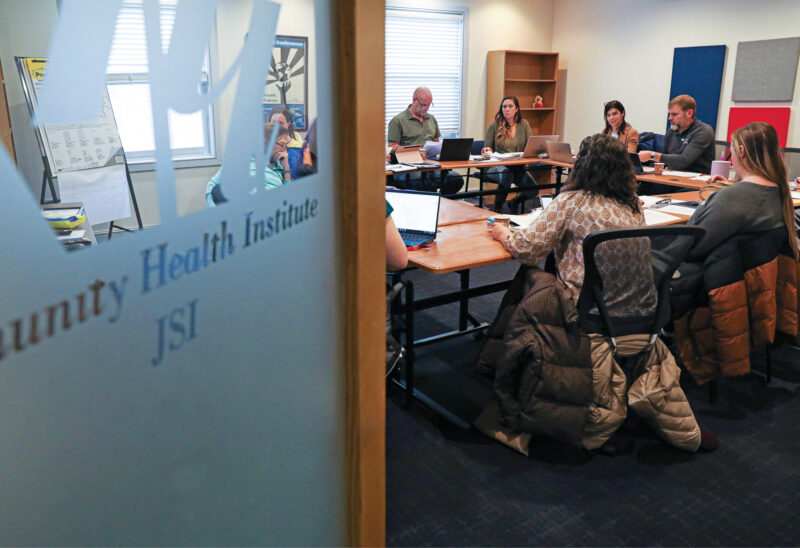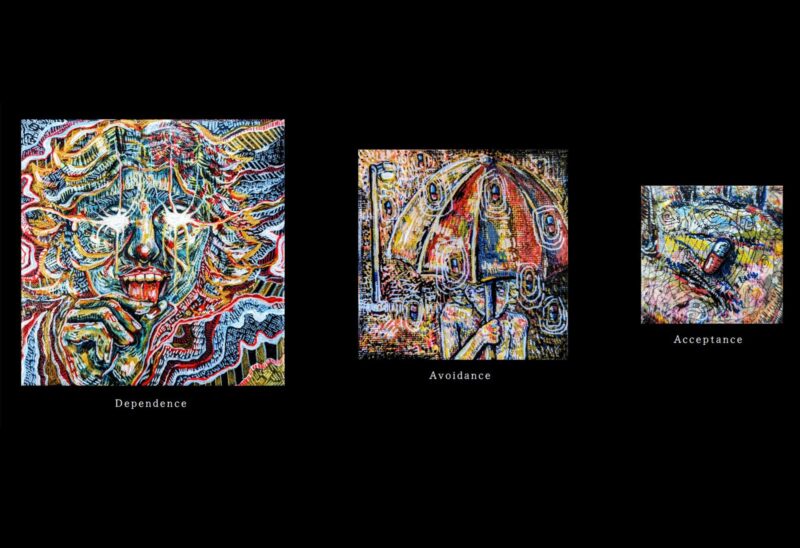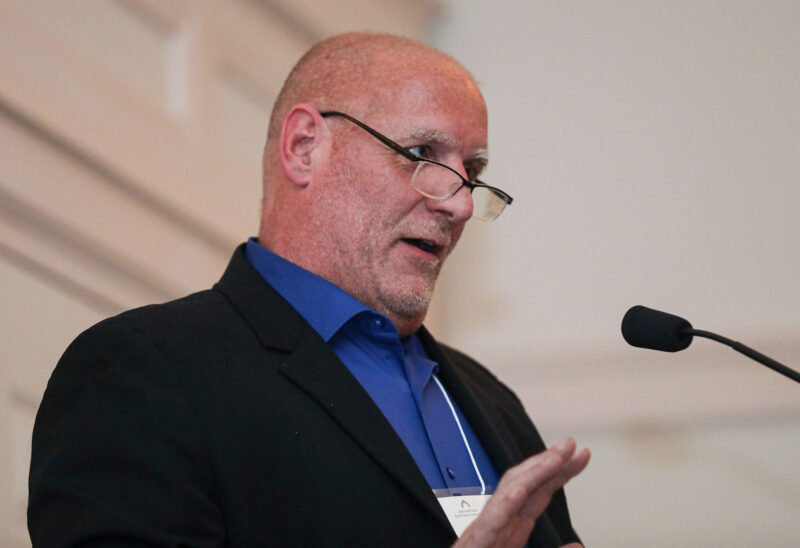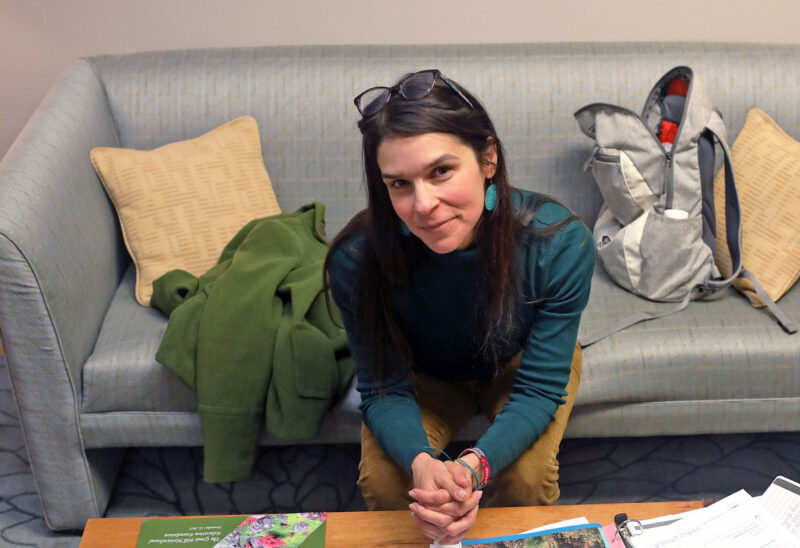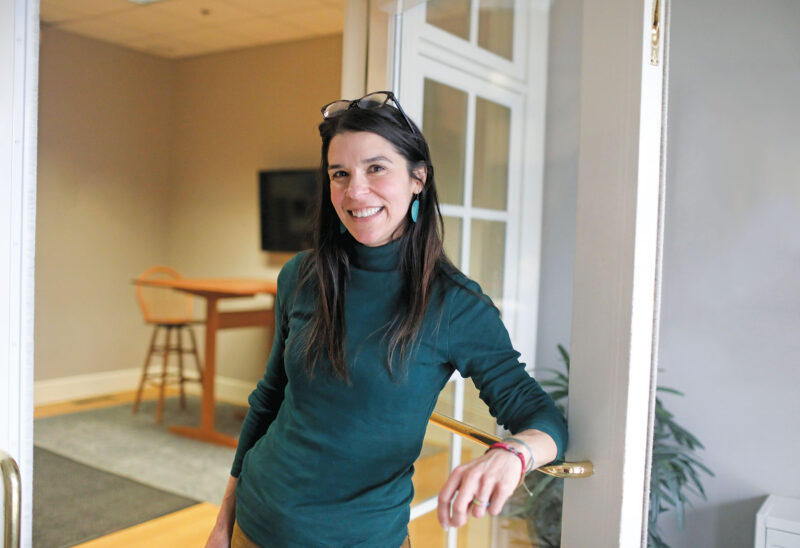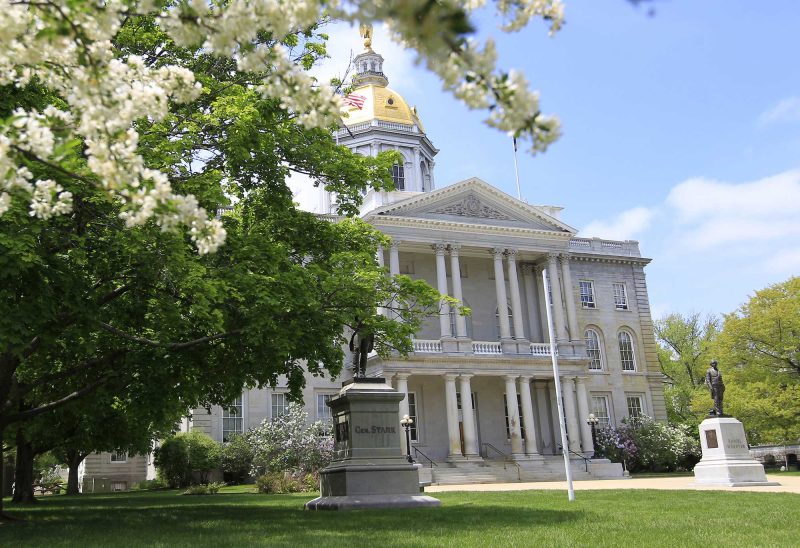A movement is gathering momentum in New Hampshire. It is a movement to get people the treatment they need for substance use disorders, a movement to change public policy, and to erase the stigma associated with being in recovery.
The movement was in clear evidence at the state’s first-ever “We Believe in Recovery” rally sponsored by Hope for New Hampshire Recovery. People in recovery — and their families and allies — came from Concord and Littleton, from Keene and Nashua and Hudson.
The struggles and celebrations of recovery have long been undertaken in private, and in anonymity. In New Hampshire, the movement has begun to bring the voice of recovery into the public square.
“If we start speaking out loud, other people will start to step out of the shadows,” said Marty Boldin, who until recently was the Director of the City of Manchester’s Office of Youth Services and now is studying for a Ph.D. in the field of addiction science. “This should not be the most underfunded public health epidemic in the country,” said Boldin, who has been in recovery since 1987. “There are good people dying.”
Some 150 people — representing 1,171 years, collectively, in recovery — registered and gathered in front of the State House to call attention to the substance use disorders that are affecting — and killing — people in small towns and cities across New Hampshire.
Susan Markievitz spoke of her son, Chad, who overdosed on heroin just days after he turned 25. She found his body.
A wall of photographs was erected on the State House lawn, a memorial to those who have lost their lives.
New Hampshire ranks second in the nation for underage drinking and in the top ten for other drug use.
“This disease doesn’t discriminate,” said Doris Enman, who made the trip from Littleton to call attention to the need for more services in the North Country.
Participants wore purple sashes to indicate 10 years or more in recovery. Mothers, social service workers, doctors, students and nonprofit leaders walked together in an “honor guard” around the State House.
Melissa Crews, a mom and restaurant owner and vice-chair of the board of Hope for New Hampshire Recovery, has been in recovery for 20 years. That journey took tremendous courage — and so did standing at a microphone in front of the State House, wearing a purple sash, and introducing herself to the crowd. “This movement is to end the stigma associated with being in recovery,” she said. “Recovery works.”
The Foundation supports Hope for NH Recovery through its Substance Use Disorders Portfolio, funds made possible by generous and visionary donors who wanted to make a significant difference on the issue of substance use disorders in New Hampshire.
Filmmaker Greg Williams, whose film “The Anonymous People” has helped to galvanize the movement, said “I’m proud to be one of the lucky ones, one of the 23 million Americans living in long-term recovery.”
The Foundation’s Tym Rourke, who chairs the Governor’s Commission on Substance Abuse Prevention, Treatment, and Recovery, told the assembled crowd, “there is a lot of work to do to make this state care about this issue.” And, he said, “hope is not enough.”
“The 100,000 people currently struggling with substance use disorders in New Hampshire need your anger,” Rourke said, “Because this country has denied the rights of people with a substance use disorder for more than a generation.”
In only one state in the nation — Texas — is treatment less available and accessible than it is in New Hampshire.
Participants talked about their children seeking treatment, only to be told they would have to wait six weeks, and would need to call in every day in the meantime or risk being put at the “bottom of the list.”
Rourke, whose son was treated for cancer, asked: “Imagine if someone with cancer was told ‘we can’t treat you now, we’ll treat you in six weeks. And you have to call every day, and if you do not , we will put you on the bottom of the list. Oh, but if you have cash, we’ll take you now.’
“Can you imagine what this country would do?”
Rourke asked the crowd to come back when bills are before the legislature pertaining to treatment, prevention and recovery issues.
“We are at a moment, and you are the voice we have been waiting for,” Rourke said, standing before the State House. “This building is your house. And for too long, you have not been invited in. That changes today.”

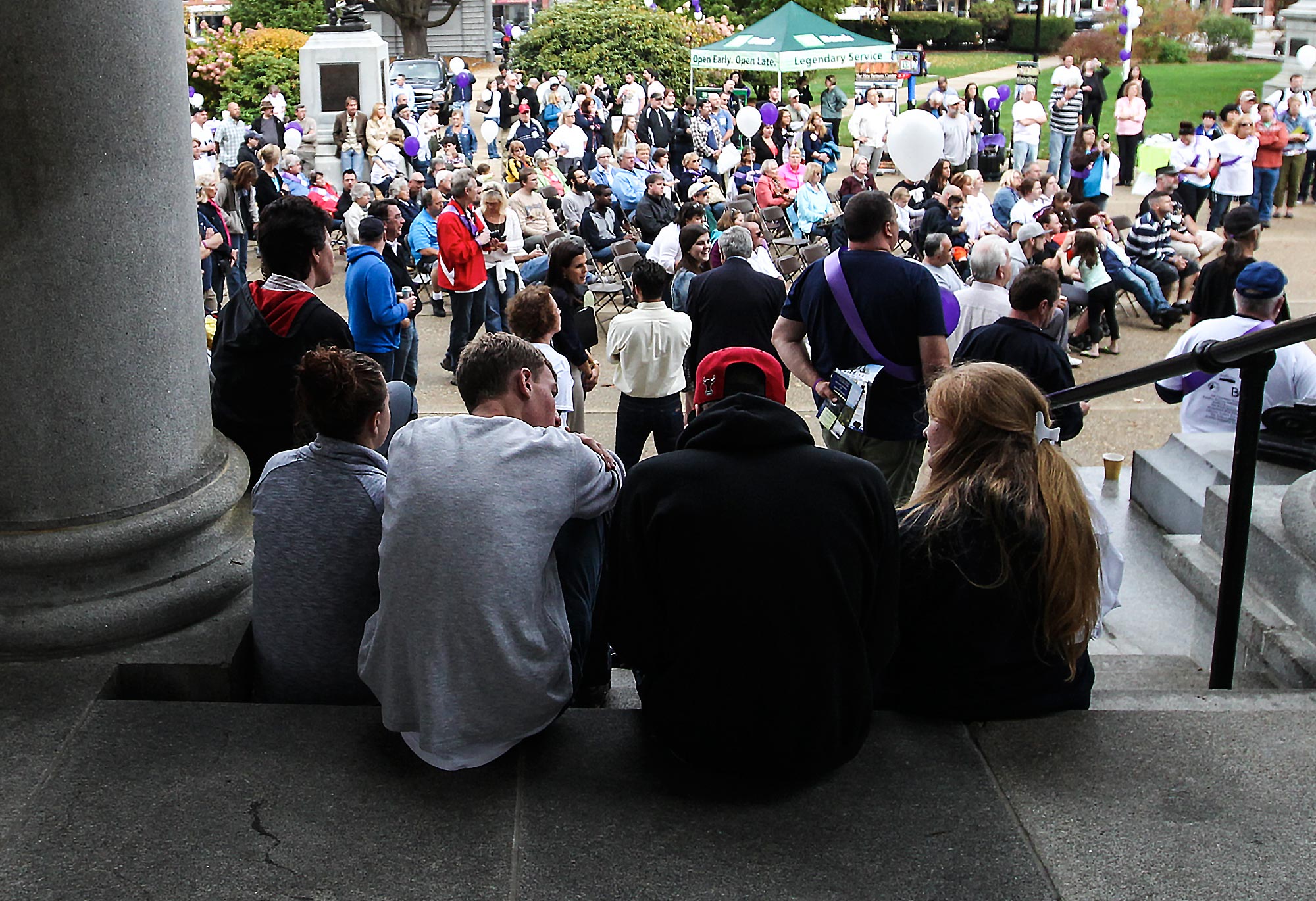





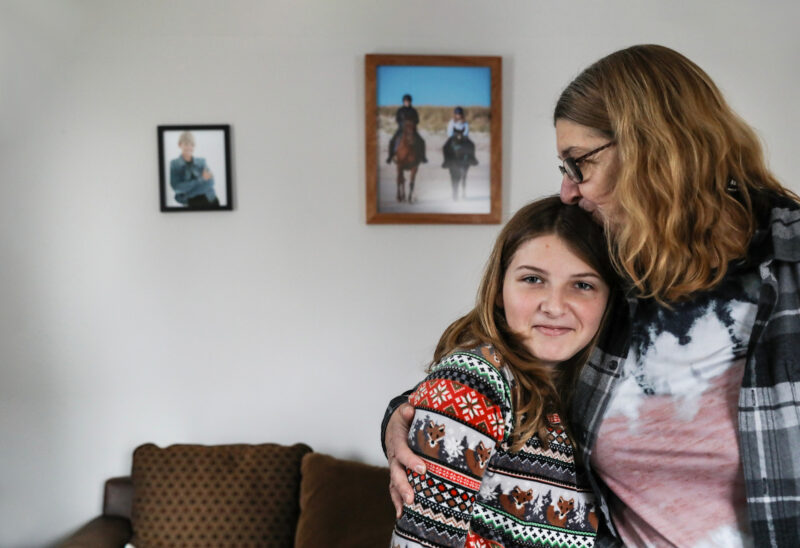

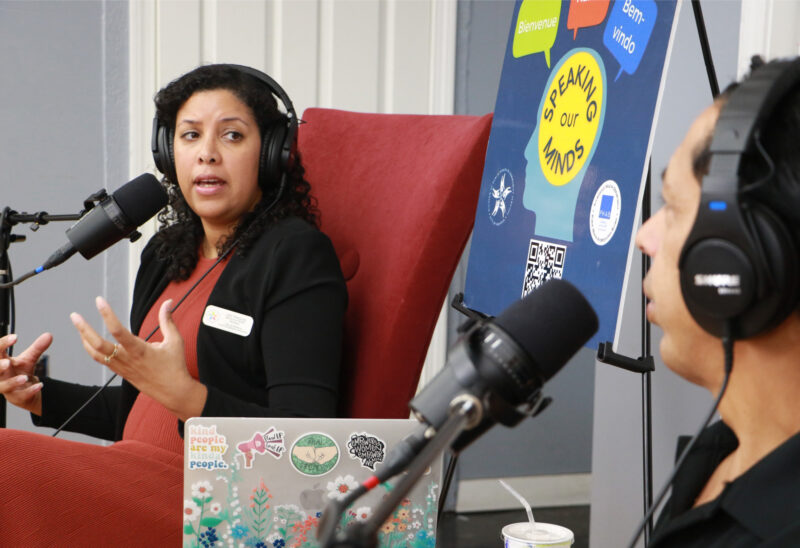
![Charitable Foundation President Dick Ober [Photo by Cheryl Senter]](https://www.nhcf.org/wp-content/uploads/2023/12/dick-ober-purpose-fall-winter-2023-800x548.jpg)
